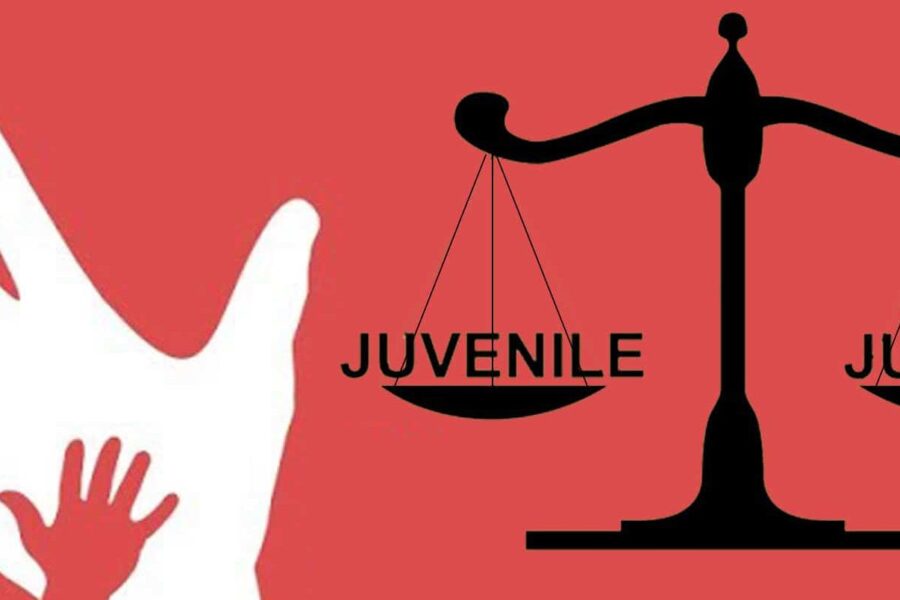As a result of numerous acts, the juvenile justice system in India has undergone a protracted evolutionary process. Children between the ages of 10 and 18 were given rights and protections when the Apprentice Act went into effect in 1850. Children who break the law up until the age of 15 are required to be placed in reformatory cells in order to get rehabilitation, according to the Reformatory Schools Act of 1897. The first Juvenile Court was established in Madras in 1920 as a result of the Children Act of 1920, which was a significant step that followed the Jail Committee’s advice. It acknowledges the need for extra protection, particular attention, and eventually a different legal system created specially to address juvenile misbehavior for children under the age of 16. The Bengal Children Act of 1922 and the Bombay Children Act of 1924 were two states that enacted similar legislation for children.
The first comprehensive juvenile justice statute that offered a standard legal framework for all children nationwide was the Juvenile Justice Act of 1986. After the United Nations Convention on the Rights of the Child was approved by the Indian government in 1992, it became necessary to pass new legislation that complied with the convention’s requirements. As a result, the Juvenile Justice (Care and Protection of Children) Act, 2000 was passed and the Juvenile Justice Act, 1986 was repealed. In 2015 and 2021, the parliament made two amendments to the act. The statute specifies how cases involving young offenders should be handled, including how to handle treatment, rehabilitation, and reintegration into society. It also highlights how crucial it is to priorities juvenile delinquency and the child’s best interests when making decisions about their upbringing and safety. Though there have been a number of improvements to child-related regulations, it is still unclear if these changes truly represent the concept of the child’s best interests. Have lawmakers engaged professionals, scholars, and experts in child rights sufficiently before making changes to the law’s provisions?
The JJ Act of 2015 underwent a recent amendment in the year 2021, changing certain sections. One such provision, section 86(2), which is making it harder to report the cases to the police. it has classified a new term as serious offence defined u/s 2(54) which has made six serious offence as non-cognizable but not bailable. This development has sparked a contentious debate across the country.
Section 86(2) of the jj act 2021 states that;
“Where an offence under this Act is punishable with imprisonment for a term of three years and above, but not more than seven years, then, such offence shall be non-cognizable and non-bailable.”
Following are the crimes that the 2021 amendment rendered non-cognizable:
i. Sale and procurement of children.
ii. Use of children for the purpose of begging.
iii. Exploitation of child employees.
iv. Using children for vending purposes.
v. Child smuggling or trafficking.
vi. Act of cruelty upon children staff of the Child Care Institutions (CCIs).
Nonetheless, the classification established by the amendment runs counter to the general rules. The way in which the act classifies offences violates standard criminal jurisprudence, such as the CrPC and IPC, and appears to be in opposition to the principles of equality, life, and liberty that are guaranteed by Articles 14 and 21 of our Constitution, respectively. Also, Comparably, the first schedule of the CrPC discusses the classification of offences and states that certain offences, like trafficking and abusing minors by begging, are crimes that can be prosecuted. Nonetheless, the classification established by the amendment runs contradictory to the general rules provided under CRPC in the first schedule and in IPC. Due to an amendment, for example, if someone plunges into the crime of selling or obtaining a child for profit, the police are only permitted to make an arrest with the magistrate’s consent. However, the police can make an arrest without a magistrate’s permission if the same person has committed the same offence against an adult. In addition, it defies reason and logic to make these acts non-cognizable with no possibility of release, infringing on the constitutional rights to equality before the law, life, and liberty.
It also goes against, among other things, the International Convention on the Rights of the Child, to which India is a party. According to Article 37 of the convention, authorities must assist a child who has been deprived of their liberty as promptly as possible. However, under the present modification, this is not the case because the authority (Police) has been granted restricted powers, which is different from what an adult should have.
Hence, the recent amendment in the juvenile justice act in 2021 has made reporting of the case very difficult because of the imbalance of power, victims fail to disclose crimes directly to the police; instead, the majority of these crimes are reported by parents, child rights organisations, or Child Welfare Committees (CWC). These horrifying crimes will undoubtedly continue to rise in the upcoming years due to the recent legislation that renders crimes against children non-cognizable, meaning that the police are not allowed to arrest the accused without a warrant as well as cannot start a investigation without the permission of the Magistrate.
Given the increase in crimes against children, the new amendment has a detrimental effect on India’s commitment to the rights of children on the global arena as well as the spirit of the Juvenile Justice Act. It is hoped that the legislature would rectify this error and align the law with its progressive objectives, which include supporting, defending, encouraging, and advancing the welfare of children.
Adv Kratika Mandil


Their commitment to global patient welfare is commendable.
cost of lisinopril no prescription
Generic Name.
Amazing blog! Is your theme custom made or did you download it from somewhere? A theme like yours with a few simple adjustements would really make my blog jump out. Please let me know where you got your design. Appreciate it